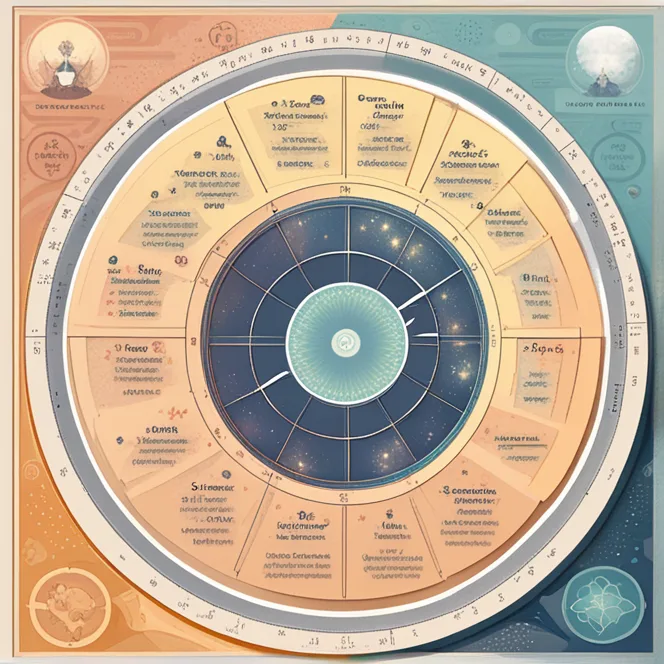
Mindfulness & Meditation In Therapy
Integrating mindfulness and meditation practices into clinical therapy to enhance mental health treatment outcomes.
article by Hina Kurosawa
Introduction to Mindful Healing
In the contemporary landscape of mental health care, incorporating meditation and mindfulness into clinical practice has become an increasingly popular and empirically supported approach. Grounded in ancient traditions, these techniques offer a bridge between holistic wellness and modern psychotherapy. As mental health professionals search for complementary treatments to traditional therapy, mindfulness and meditation stand out for their versatility and accessibility. The practices have been shown to improve a variety of mental health conditions, including anxiety, depression, and stress-related disorders, by fostering a greater sense of presence, acceptance, and emotional regulation.
The Mechanisms of Mindfulness
Mindfulness, at its core, is the practice of maintaining a nonjudgmental state of complete awareness of one's thoughts, emotions, and experiences on a moment-to-moment basis. By engaging in this attentive state, individuals can break the cycle of rumination and distress that often characterizes mental health issues. The mechanisms behind mindfulness include increased self-awareness, acceptance, and attentional control. These cognitive shifts can contribute to a decrease in the symptoms of mental illness and an increase in positive outcomes for patients who practice mindfulness in conjunction with their clinical therapy treatments.

Meditation's Role in Treatment
Meditation, a practice closely related to mindfulness, involves the deliberate focus of attention and has been practiced for centuries as a means to develop concentration, clarity, and emotional positivity. In clinical settings, meditation can assist patients in achieving a deep state of relaxation and a heightened awareness of the present. It is being integrated into treatment plans for a diverse range of conditions, including post-traumatic stress disorder (PTSD), chronic pain, and substance abuse. By learning to cultivate a meditative mindset, clients can gain new perspectives on their thoughts and emotions, facilitating healing and resilience.

Evidence-Based Approaches
Research in psychology and neuroscience has provided strong evidence for the efficacy of mindfulness and meditation. Numerous studies support their use in reducing symptoms of anxiety, depression, and other psychiatric conditions. Mindfulness-Based Stress Reduction (MBSR) and Mindfulness-Based Cognitive Therapy (MBCT) are two structured programs that have garnered considerable evidence for their effectiveness. Both integrate mindfulness as a core component and have been adapted for use in clinical settings to help patients manage psychological distress and improve overall well-being.

Tailoring Practices to the Individual
When introducing meditation and mindfulness to therapy, it's essential to tailor practices to the individual's needs, preferences, and cultural background. Some patients may prefer guided meditations, while others might find silent, individual practices more beneficial. Astrological considerations, for instance, can play a role in the personalization process. An individual with strong water sign influences in their 2024 horoscope may be drawn to reflection and introspective meditation, while someone with predominant fire sign aspects might resonate with more active mindfulness exercises. Personalization ensures that each client receives the maximum benefit from integrating these practices into their therapeutic journey.
Future Directions in Mental Health
Looking ahead, the integration of mindfulness and meditation into clinical practice appears poised for continued growth and development. As the body of research expands, these practices will likely become standard adjuncts to traditional mental health therapies. Astrological insights, coupled with individualized meditation techniques, may provide innovative ways to guide clients towards self-awareness and self-compassion. Thus, the fusion of these age-old techniques with contemporary psychological practice offers an optimistic forecast for the mental health field.
Published: 12/14/2023
Modified: 12/14/2023
More predictions
Come back here soon to learn more about yourself and your future


Achieving Mindfulness Without Meditation
Discover practical ways to cultivate mindfulness in everyday life without the need for traditional meditation practices.


Unlocking Meditation Basics
Learn the fundamental steps of starting a meditation practice for enhanced mindfulness and well-being.


Meditation Techniques & Stress Relief
Discover effective meditation methods to alleviate stress and enhance well-being, suitable for beginners and seasoned practitioners alike.